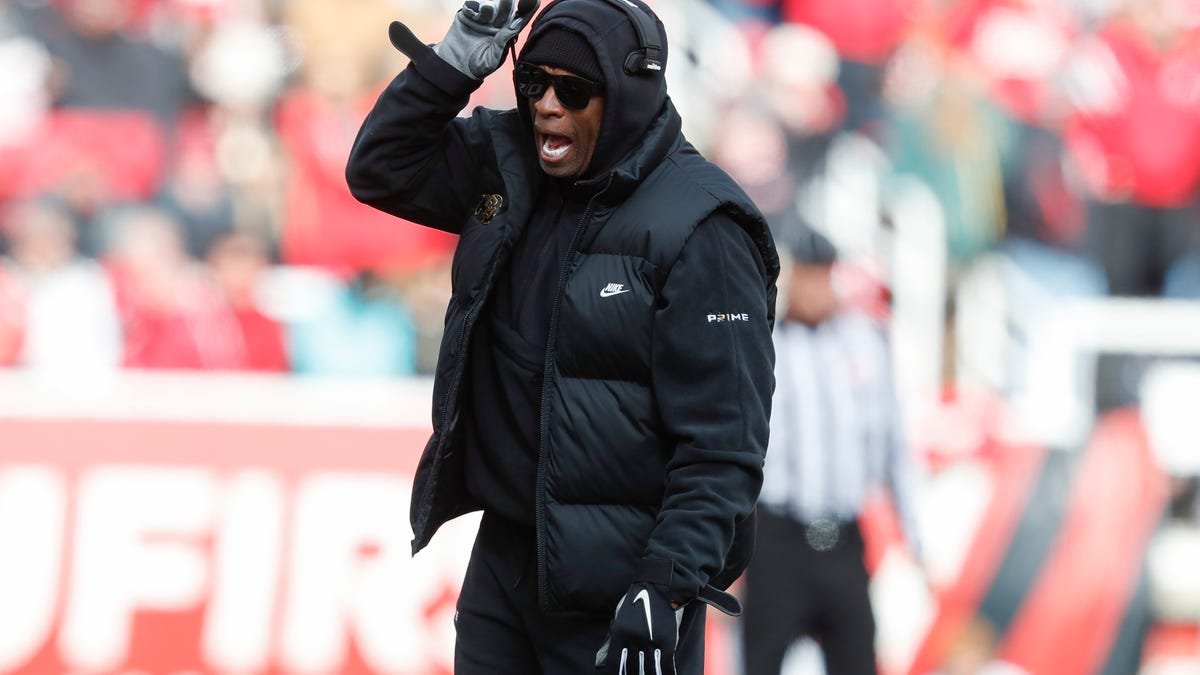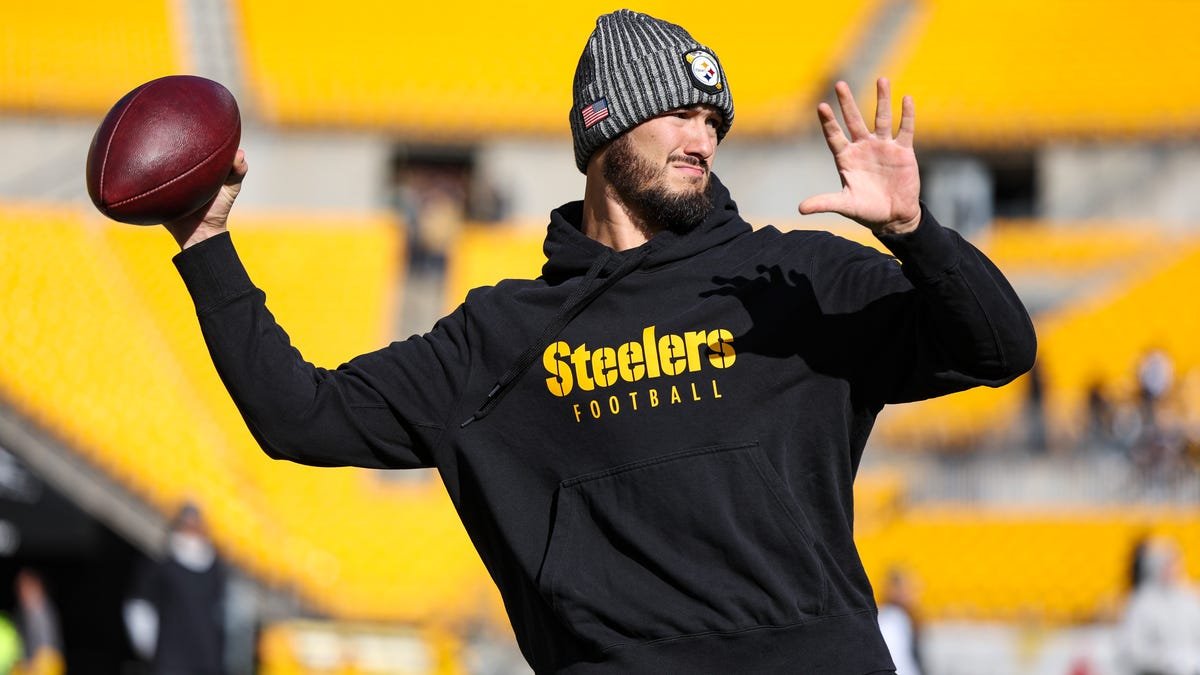In the world of college football, expectations can often be a tricky thing. Before the 2023 season began, ESPN analyst Tom Luginbill made a bold statement, declaring that the Colorado Buffaloes had the worst roster in all of college football. Fast forward to the end of the regular season, and Head Coach Deion Sanders was left to pick up the pieces of a disappointing campaign.
Sanders, also known as “Coach Prime,” tried to rally his team and the fans with promises of a bright future. He spoke confidently about making the necessary changes and getting the right players to turn the program around. But these words were nothing more than a distraction from the reality of the team’s performance.
The Colorado Buffaloes started the season with a bang, winning their first three games, including an exciting upset over TCU. However, their momentum quickly fizzled out, and they went on to lose eight of their remaining nine games. What was once a glimmer of hope turned into a season filled with close losses and blowouts.
One of the challenges Sanders faces as a head coach is that he was an exceptional player in his time. As a player, he had the ability to directly impact the outcome of games. But as a coach, he must rely on his players to execute his game plan. This transition from player to coach is often difficult for all-time greats, as they struggle to understand why their players can’t perform at the same level they did.
Sanders’ inability to adapt and grow as a coach has led to him making grand promises that his teams cannot fulfill. He talks a big game but fails to deliver the results on the field. His mouth writes checks that his teams cannot cash.
Despite the disappointing season, Sanders remains steadfast in his belief that he can turn the Colorado program around. He has made changes to his coaching staff, demoting his offensive coordinator and bringing in NFL legend Warren Sapp. However, these moves may not be enough to address the larger issues at hand.
One of the consequences of Sanders’ approach is that top recruits are starting to look elsewhere. In the era of Name, Image, and Likeness (NIL), players want to be compensated for their talents. Sanders, however, has stated that he is not focused on player compensation and wants players who genuinely want to play for Colorado. This mindset may not sit well with recruits who have other options that offer more financial incentives.
The larger problem with Sanders’ tenure at Colorado is the unrealistic expectations that have been placed on the program. Sanders has been hailed as a trailblazer for Black coaches, with some even suggesting that Colorado has become “Black America’s team.” However, this narrative is flawed and disrespectful to other Black coaches who have not received the same level of support. Sanders’ hiring of two white coordinators also raises questions about his commitment to uplifting other Black coaches.
As Colorado looks ahead to the 2024 season, there are more questions than answers. Sanders will need to address the issues that carried over from the previous season, including coaching staff changes and recruiting challenges. The Buffaloes will face a tough opener against North Dakota State and will need to prove that they can compete in the Big 12.
Ultimately, the hype surrounding Sanders and the Colorado Buffaloes may have been misplaced. The 2023 season showed that there was little substance to back up the promises and grandiose statements. It’s time for Sanders to focus on the present and prove that he can lead the team to success on the field, rather than relying on empty rhetoric. Only then can the Colorado Buffaloes truly start to rebuild and move forward.





